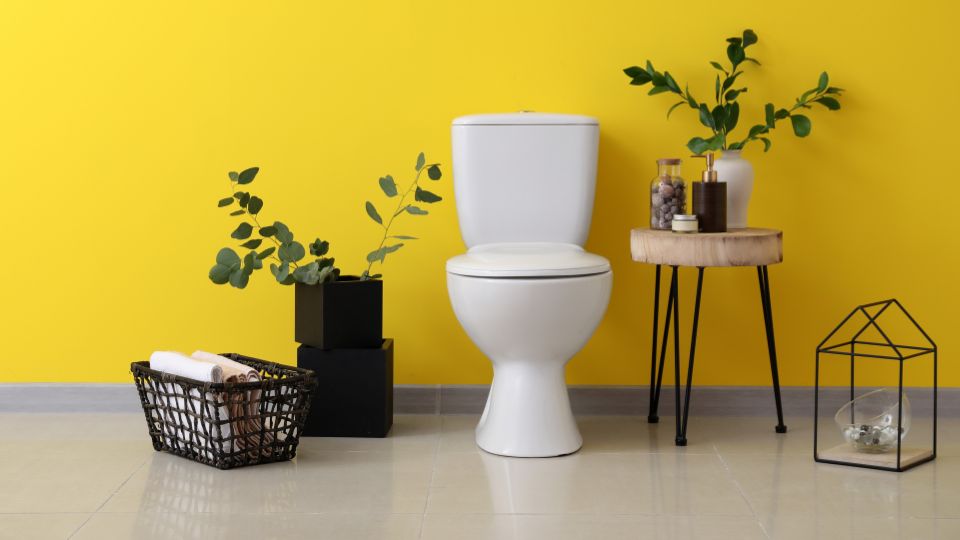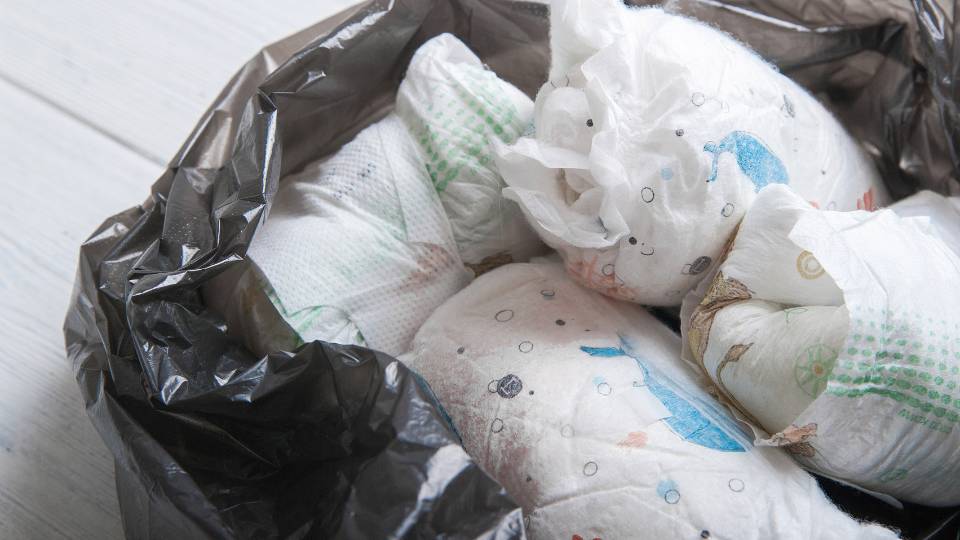Sanitary waste management
Sanitary waste is considered offensive/hygiene waste and includes nappies, feminine hygiene products, incontinence pads, and more. It should not be flushed down toilets and must be stored separately from other waste in specialised bins.
Understanding the proper disposal methods for sanitary waste is essential for your business to ensure compliance with regulations and maintain a hygienic environment.
Even if your business is small and you offer unisex or gender-neutral toilets, you are still responsible for providing appropriate sanitary facilities. Your duty extends to customers, clients, and any other visitors to your premises. To ensure your business meets legal requirements, it’s essential to have sanitary waste bins in place.
Since the legislation update in 2023, easily accessible and well-maintained sanitary bins must be provided in female and gender-neutral bathrooms in all public facilities, including:
- Pubs and Restaurants
- Hotels
- Hospitals and doctors’ surgeries
- Offices and commercial buildings
How often should you be replacing sanitary bins?
To maintain hygiene and prevent odours, it’s important to regularly replace or service your sanitary bins. The frequency will depend on how often the facilities are used and the amount of waste generated.
Here are some general guidelines to help you determine the right schedule:
- Weekly Servicing: In most locations, like offices, schools, and public restrooms with moderate to high traffic, service sanitary bins weekly to keep them emptied, cleaned, and properly sanitised.
- Biweekly Servicing: In low-traffic areas or smaller businesses, servicing every two weeks might be sufficient. You should assess waste regularly to ensure it is serviced regularly to meet hygiene needs.
- High-Traffic Areas: In very high-traffic areas like shopping malls, airports, or large event venues, you may need to service sanitary bins more frequently, potentially even daily.
- Overflow and Odor: You should service bins immediately if they are full or if you notice any unpleasant odours, regardless of the set schedule.
- Seasonal Adjustments: During certain times, such as flu season or if there’s an increase in restroom usage, you might need to adjust the frequency accordingly.
You should monitor the usage of each bin and adjust the servicing frequency to consistently maintain hygiene standards.
If you are unsure of what service you need for your business – call one of our team members today!
While every business requires sanitary bins and proper disposal, it is important for those that deal with a high volume of people to ensure they have adequate sanitary bin services in place, such as:
Sanitary waste disposal services

You must dispose of sanitary waste according to legislation that upholds hygiene and public health principles.
Sanitary waste carries the risk of infection transmission, there are strict processes around its safe storage, transport, and disposal.
When you commission professional sanitary waste management services, you can be sure that your business is fulfilling its duty of care to clients and staff.
We will provide the number and combination of bins required by your business and implement a bespoke collection schedule that aligns with your output.
You can ensure that people using your facilities do so with privacy and dignity, helping to improve their quality of life in the process.
To find out about how we can help to streamline your sanitary bin collection, get in touch.
Our experts will review your needs and advise on a tailored approach to align with the needs of your business.
What Types of Businesses Need Sanitary Bins?
In the UK, all businesses need to provide sanitary bins in women’s restrooms to meet hygiene standards set out in the Workplace (Health, Safety, and Welfare) Regulations 1992.
Several regulations require businesses to provide feminine hygiene bins in women’s and/or unisex restrooms, including:
- Workplace (Health, Safety, and Welfare) Regulations 1992: These recommend that organisations provide a proper method for disposing of sanitary waste in female toilets.
- Water Industry Act 1991: This prohibits flushing sanitary items that may cause blockages or damage to drainage systems, such as used menstrual products.
- Environmental Protection Act 1990: This outlines your duty of care as a business to properly manage sanitary waste, from storage to disposal.
It’s important for places with high footfall, like airports, restaurants, shopping centres, and other public venues, to carry out regular checks to make sure these bins are:
- Clean and Sanitised: In busy locations, sanitary bins need frequent cleaning and sanitising to prevent the spread of germs and ensure the restroom remains pleasant for everyone.
- Emptied Regularly: High-traffic areas mean bins fill up quickly. Regular checks help prevent overflowing bins, which can lead to unpleasant smells and hygiene issues.
- In Good Working Order: You should maintain sanitary bins in excellent condition by ensuring that foot pedals, lids, and liners are intact. Repair or replace any damaged or faulty bins promptly.
- Properly Stocked: Regularly check that you stock bins with essential supplies, such as liners or bags, to facilitate hygienic disposal.
By staying on top of these checks, your business can provide a clean and welcoming environment, meeting both legal requirements and the expectations of their customers for proper hygiene and care.
Call us today and get a free quote for your waste!











